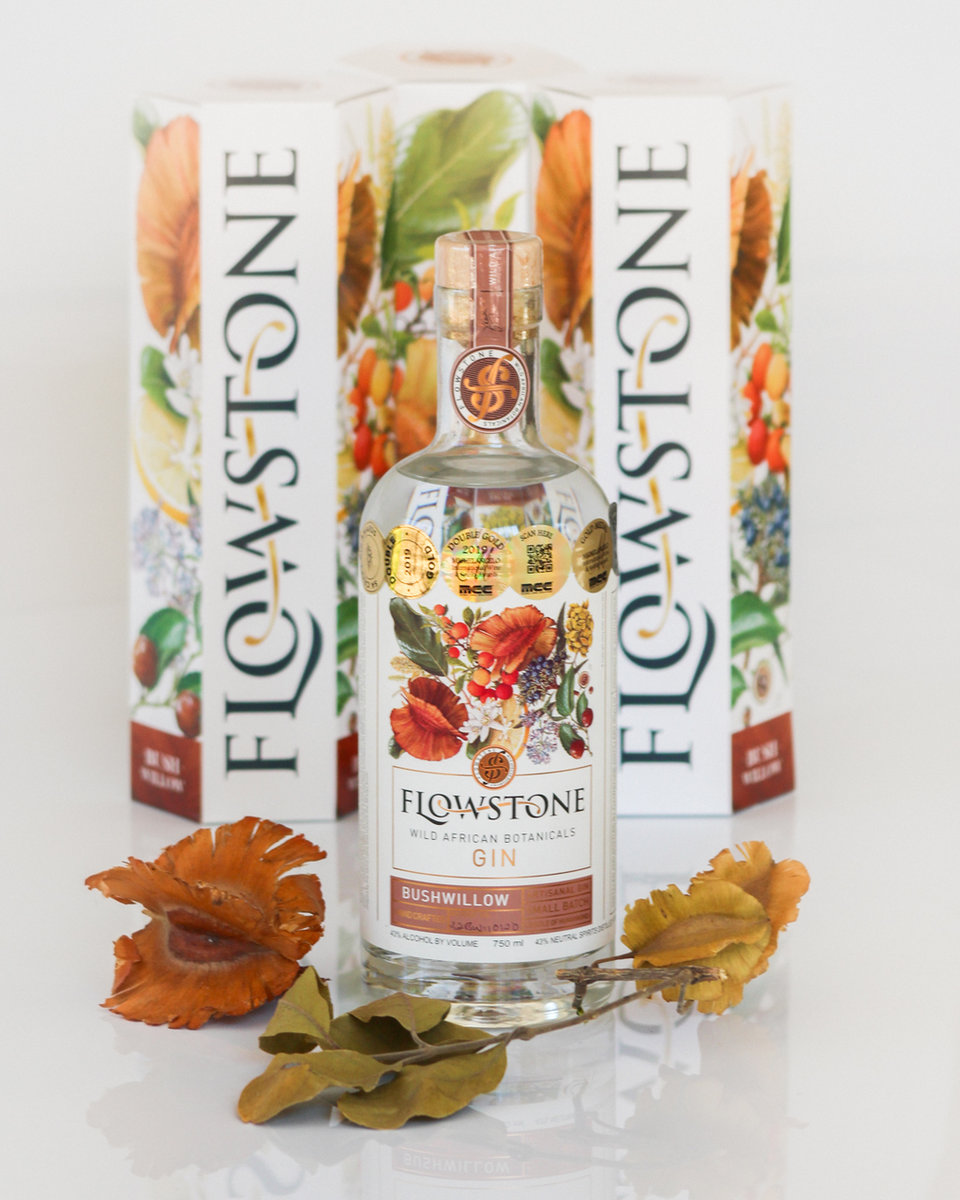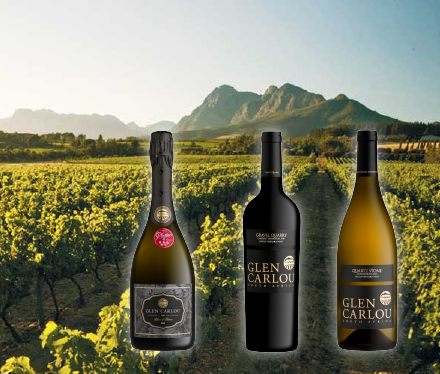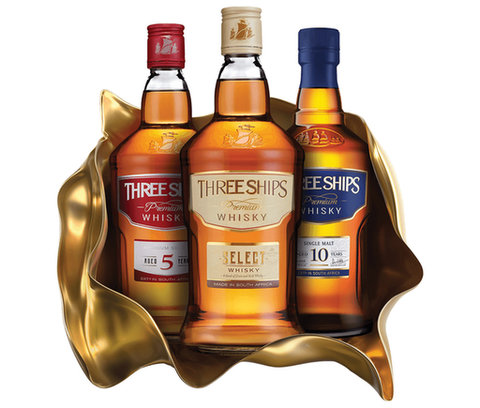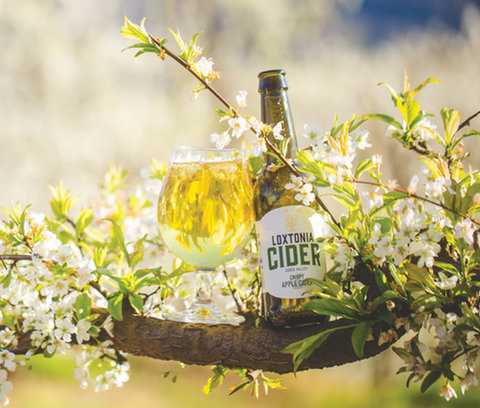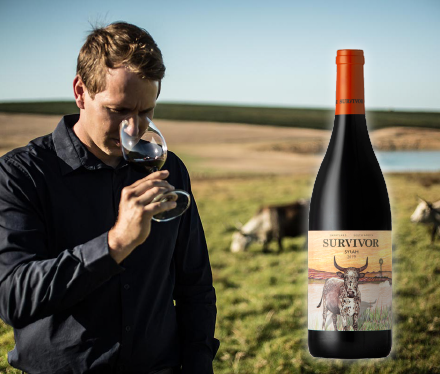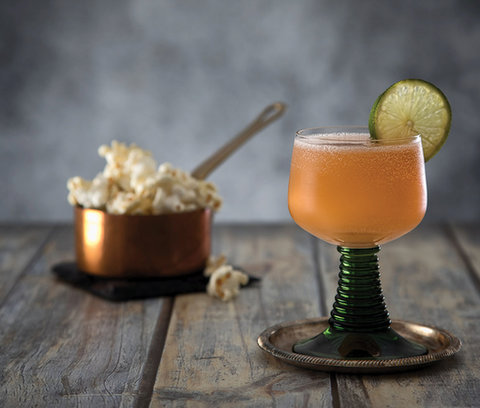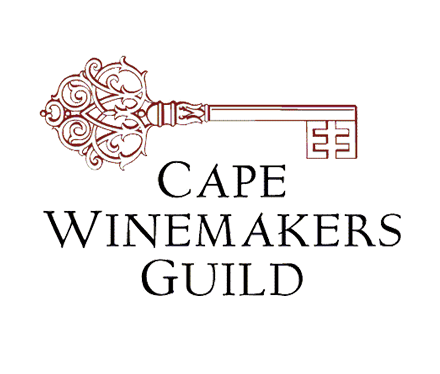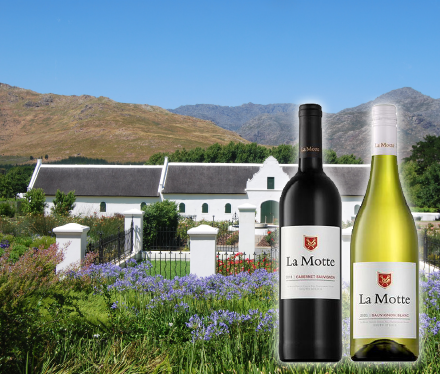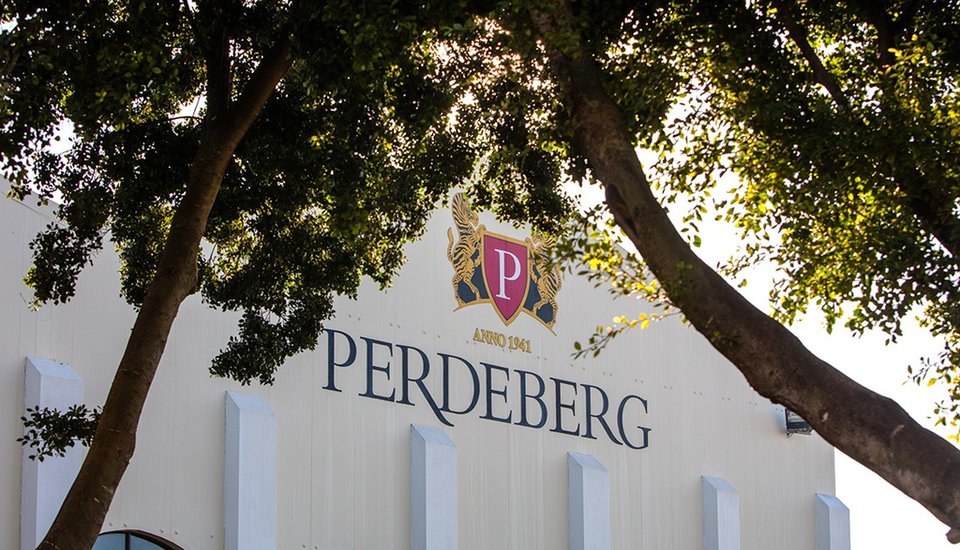Harmony and history

“Music doesn’t need Cognac to exist, and Cognac doesn’t need music to exist,” multi-Grammy award winner Usher said of his recent collaboration with famed French Cognac house Rémy Martin, “but what is beautiful is that they were meant to meet and when they did, they created cultural harmony.”
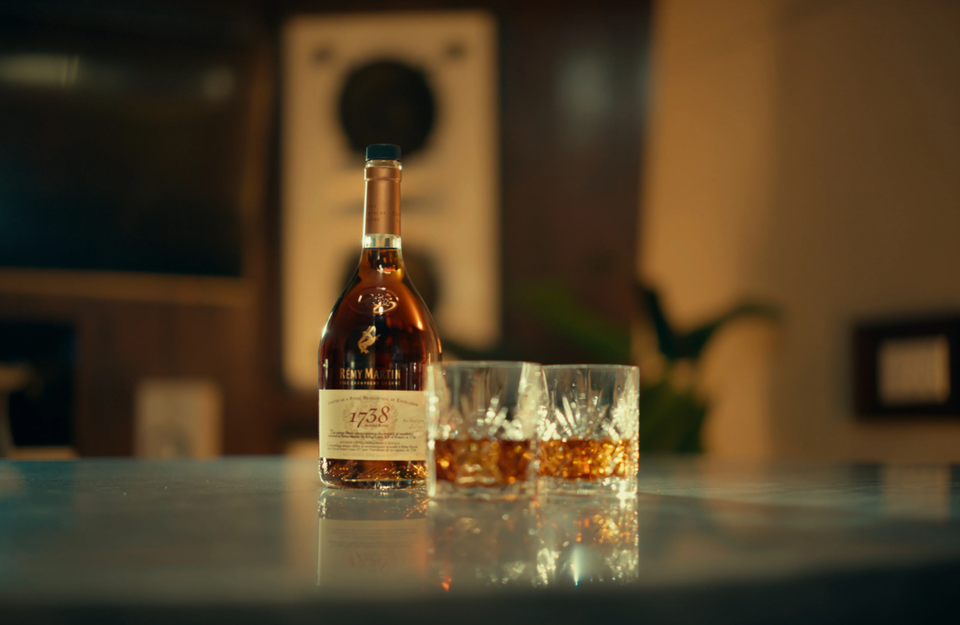
That connection is celebrated in Team Up For Excellence – The Film available on YouTube (see below) which is a cinematic journey of music through the ages, beginning with black American soldiers posted to France in 1917.
Usher provides the verbal background and links the various decades and musical genres, from the 1920’s to present day. The soundtrack is something like a postmodern jukebox, going from blues to hip-hop, swing to breakdancing. Usher and Rémy Martin 1738 Accord Royal travel through time, sharing the philosophy of aiming for the stars.
“Rémy Martin has been at the centre of celebration for centuries, and the celebratory nature of music is synonymous with our history of honouring communities and culture,” said Amaury Vinclet, Global Executive Director of Rémy Martin. “Acknowledging this collective success has been at the heart of Rémy Martin since 1724.”
Usher and Rémy Martin have an established relationship since the Cognac house partnered the artist on his 2010 “OMG” world tour, as the official sponsor of after-parties across the United States, Canada and Europe.
Style and substance
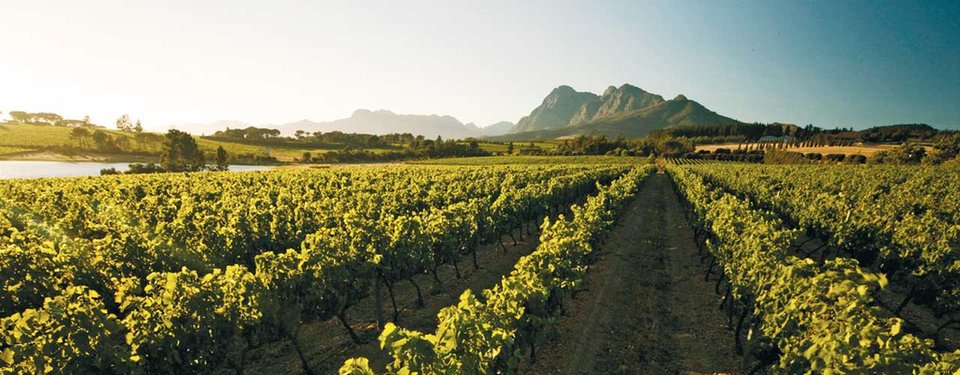
Glen Carlou, located on the Paarl-facing side of the Simonsberg, is a wine farm established in 1985 that has an enviable reputation for quality, having a trophy case full of awards gathered over the years.
The latest releases include the 2018 Gravel Quarry cabernet sauvignon and 2020 Quartz Stone chardonnay, both flagship wines with previous vintages scoring 91 and 92 points from international critic Tim Atkin. Winemaker Johnnie Calitz is confident both wines will live up to the promise of their predecessors.
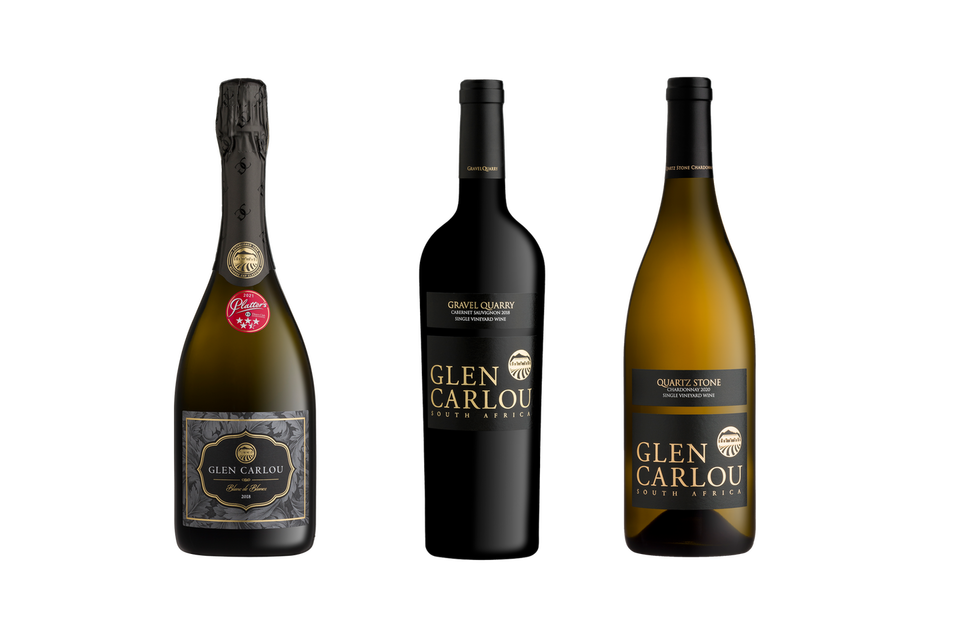
But that’s not all, Glen Carlou Blanc de Blanc Brut 2018 is now also on the market. The 100% chardonnay sparkling wine is made in the Champagne method and was left on its lees for 30 months. Calitz believes this is the quintessential Cap Classique, suitable for all occasions not just celebrations. It’s dry and crisp with typical citrus notes mingling with toasted bread and yeast.
San Francisco Sevens
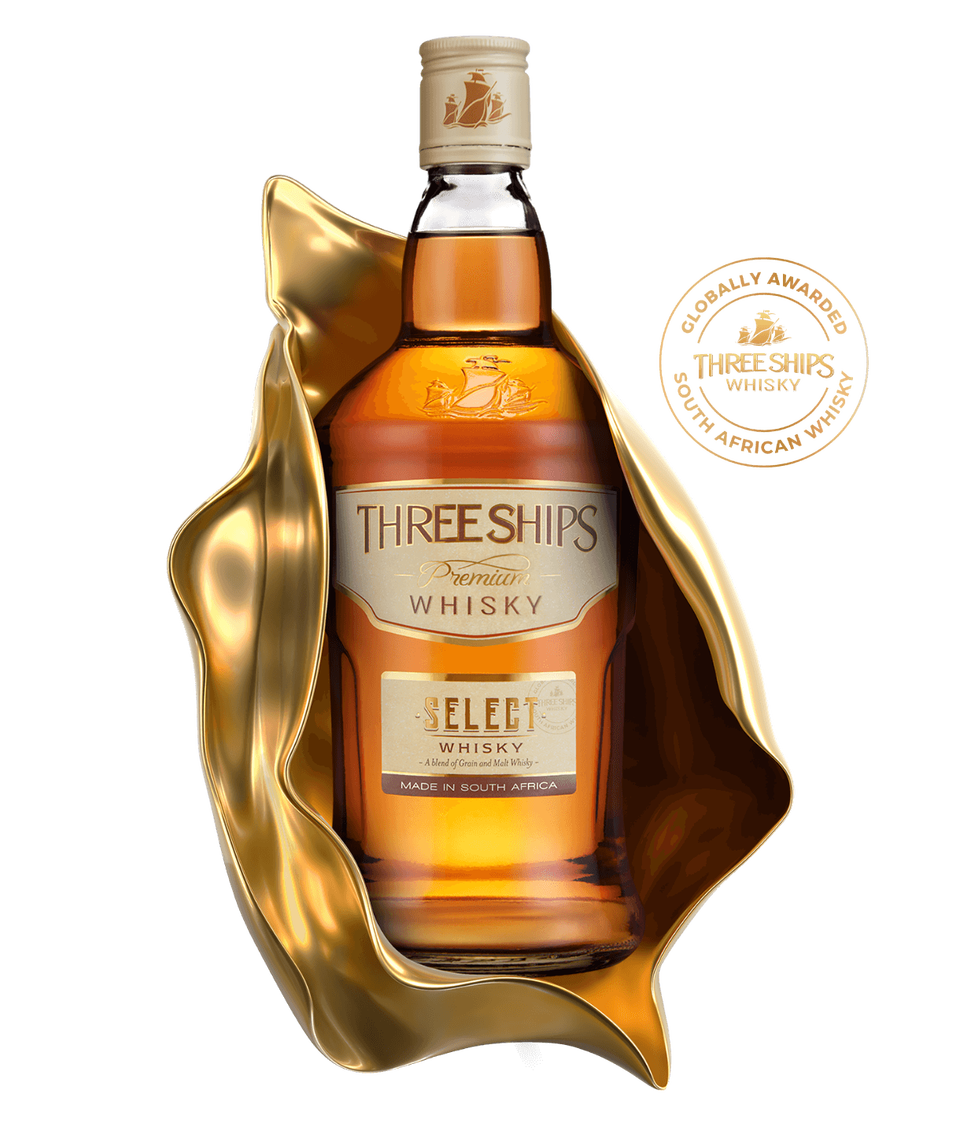
If you were automatically thinking the HSBC Worlds Sevens rugby series was the topic of this piece, you’d be mistaken! Home grown whisky Three Ships won a whopping seven awards at the prestigious San Francisco World Spirits Competition.
These included a “Best in Show” award for its Three Ships 5 Year Old, a superior blend of malt and grain whiskies with its full peaty character and smooth finish which was named “Best Other Whisky” and earned a Double Gold medal – a first for South African whisky and an exceptional moment.
There were another two Double Golds for Three Ships 10 Year Old Single Malt and Three Ships Whisky 11 Year Old Single Malt Shiraz Cask Finish as well as gold for the Three Ships 9 Year Old Fino Cask Finish. The last two spirits both form part of the limited edition Master’s Collection, a pet project of Master Distiller Andy Watts. The final two medals were silver and bronze respectively for the Three Ships 12 Year Old Single Malt and the Three Ships Select offering.
“The fact that a South African whisky secured a lion's share of medals in this category of the SFWSC is a grand acknowledgement that our own country’s contribution to international whisky making is something to be proud of,” Watts said. “Our own whiskies are now recognised and awarded as among the best, globally. Over the years it’s been our mission to change the way local whisky is perceived, and I believe this is happening now.”
Acknowledged as one of the world’s most prestigious spirits competitions, the SFWSC is noted for the quality of its world-class judges, many of whom are renowned experts in their fields.
Essence of apple
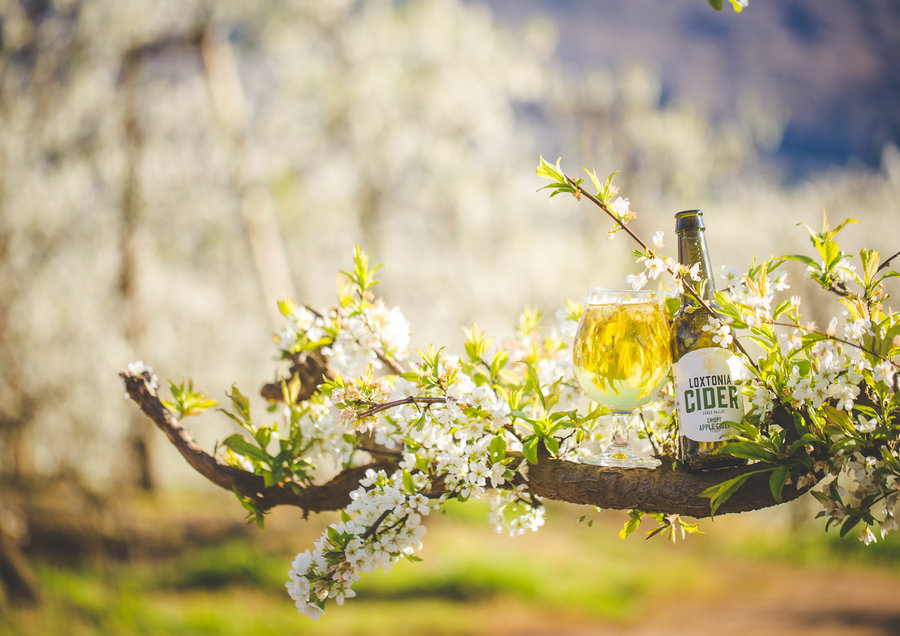
Orchard to bottle – that’s what the Whitfield family aim to capture with their cider from the Ceres valley.
Loxtonia is a relative newcomer to the ever-growing local cider scene but it promises that each bottle is made with hand-picked apples and reflects the true essence of the crunchy fruit.
Loxtonia is made on the farm with home-grown, 100% freshly pressed and naturally fermented apples and has already won it’s fair share of awards, appealing to a variety of different palates.
The original Loxtonia crispy apple cider is refreshingly fruity but with a crisp yet smooth finish – and it clocks in at just 58 calories per 340ml bottle, considerably less than a host of other local ciders.
For fans of medium-sweet cider there is the stone fruit apple cider with its pops of bright, fresh peach and nectarine against a backdrop of apple. This is the Loxtonia product which won gold at the Cape Town Festival of Beer awards – and also won gold for best label design a the World Cider Awards.
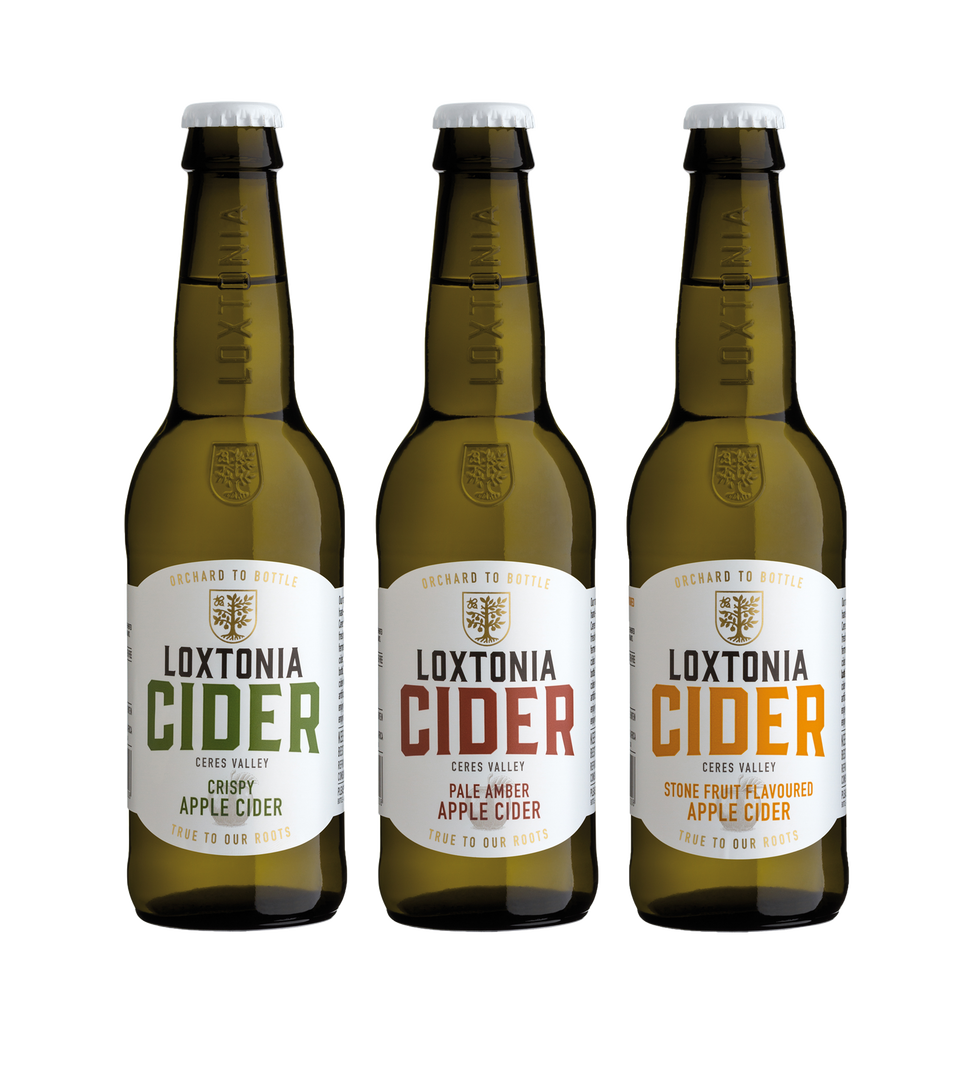
One of the more intriguing ciders in the range is the beer-styled Loxtonia Pale Amber cider, well-rounded with nuances of caramel that meld into a smooth apple finish. Its makers say this is a cider that beer lovers will enjoy!
The Whitfield family began their cider journey in 2013, taking great care in the orchards to ensure the fresh, hand-picked apples are in prime condition ahead of fermentation. The Swiss-made press is run entirely on solar power, part of Loxtonia’s ethical journey with the apple pomace composted back into the soil.
All Loxtonia ciders are 5% alcohol by volume, gluten-free, vegan-friendly and free of any preservatives or artificial additives.
Richly powerful Swartland syrah
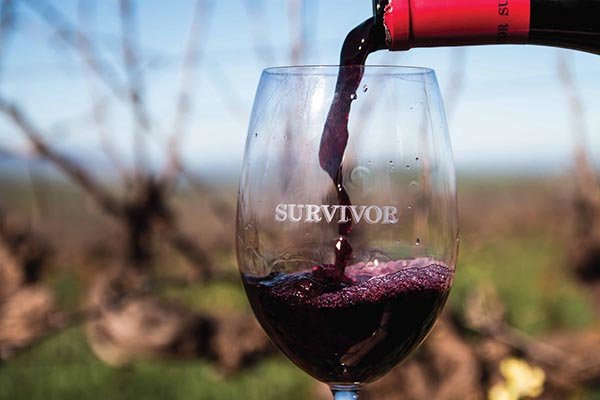
Survivor is a range of wines from Overhex Cellars named for a plucky Nguni cow which jumped from a truck transporting it to the abattoir – and it has added a new beast to the line-up.
Joining the herd is the 2019 syrah which its makers say is a true expression of the hardy Swartland region.
“Our single minded focus on crafting terroir specific wines that express their true sense of place and authenticity is the hallmark of our 100% Swartland Survivor syrah,” said winemaker Ben Snyman, adding that the Swartland is best suited for wines with big, bold flavours.
Capturing the spirit of Africa’s indigenous Nguni, this generous, full-bodied wine brims with luscious layers of spice, violets and blackberries, and entices the palate with soft, velvety tannins and a hint of oak.
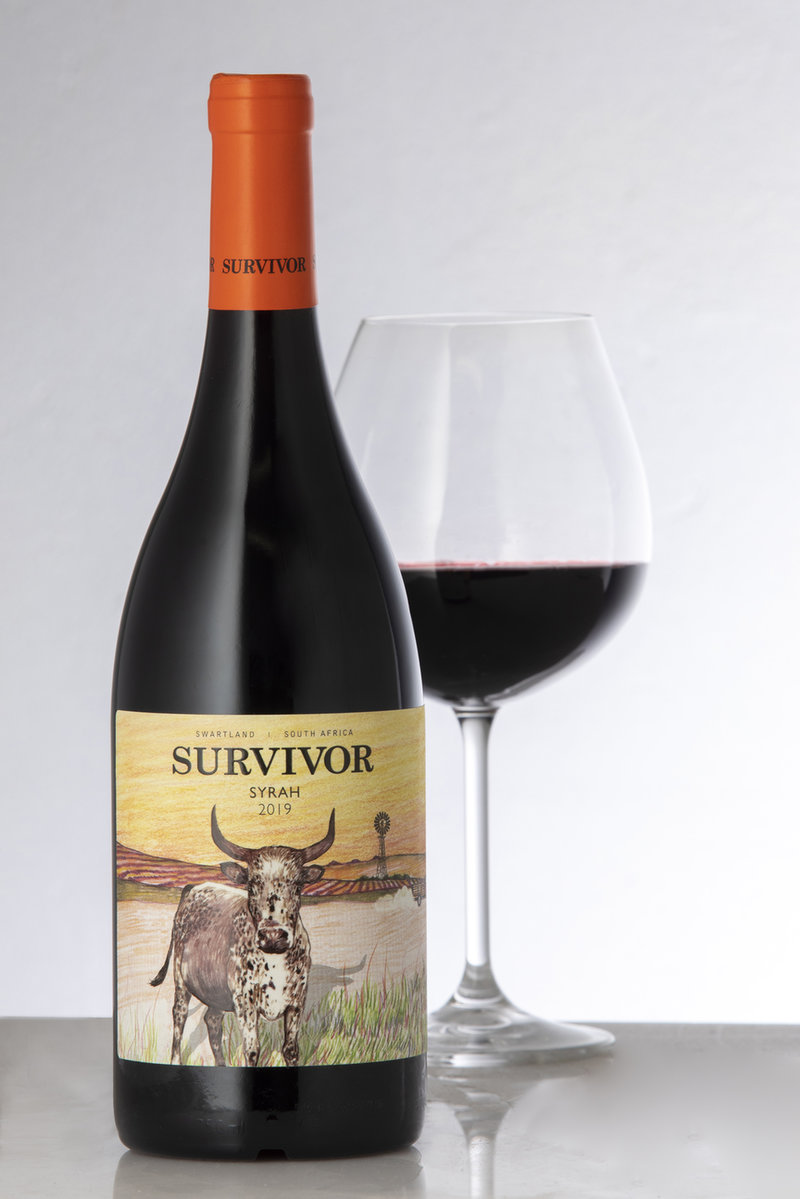
Don’t be bitter
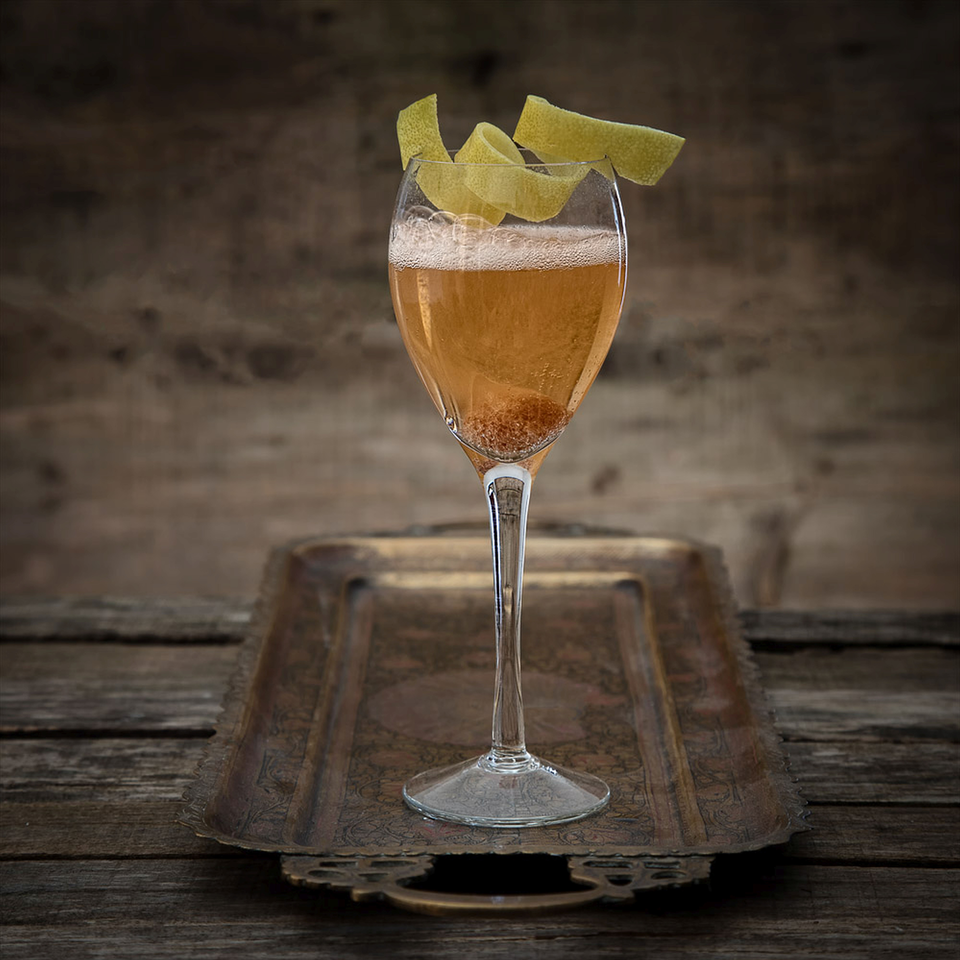
There’s no need to be shaken or stirred if you’re old fashioned and didn’t realise that world cocktail day passed on 13 May … The opportunity to raise a glass in honour of mixed drinks – with or without umbrellas and maraschino cherries – exists any day, not necessarily one arbitrarily circled in red on a calendar.
One thing’s certain though, cocktails certainly benefit from having the right ingredients to hand. A non-negotiable on any wannabe home mixologist’s drinks trolley or bar back is a bottle of Angostura bitters.
Take the Daiquiri for example. You can pimp it up with strawberries or keep it simple – but you’ll always need the Angostura bitters to strike the right note in the drink. The spicy, woodsy tang of the bitters makes its presence felt in a host of cocktails, even when only a dash or two is added.
DAIQUIRI
Ingredients
Ice
60ml white rum
80 - 100ml fresh lime juice
45ml simple syrup
2 dashes Angostura aromatic bitters
Method
Shake all the ingredients together in an ice-filled shaker and strain into a cocktail glass. Serve with a lime wheel as garnish.

CHAMPAGNE COCKTAIL
Ingredients
1 white sugar cube
3 dashes Angostura aromatic bitters
Dry sparkling wine
Method
Drop the sugar cube into a flute glass and saturate it with the Angostura aromatic bitters. Top with sparkling wine and garnish with a lemon peel.
For more cocktail recipes and videos follow Angostura aromatic bitters on social media platforms @AngosturaZA.

Next generation
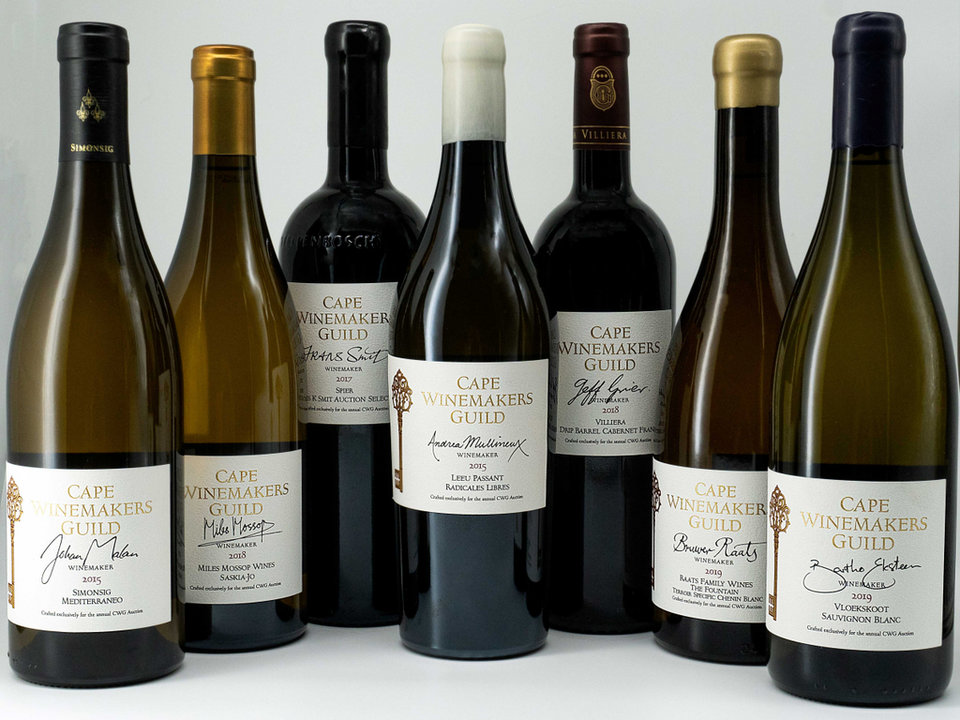
Years ago the Cape Winemakers Guild (CWG) recognised the need to develop talent for the future of South African wine as well as to redress the imbalances of the past. So it was that in 2006 the CWG protégé programme came about.
Every year, promising students from both the Stellenbosch University and Elsenburg College are identified and selected for the programme. To date there have been 24 candidates who have successfully completed their multi-year mentorships with some of the country’s leading winemakers.
Ever innovative, the CWG announced that in 2021 wines made and bottled by either former or current protégés would be sold to the public in an online auction conducted by Bonhams of London. At the time of going to press, the results of the auction were not known but by the time the main CWG auction rolls around on Saturday, 2 October, the tally will be in. Proceeds raised by protégé’s wines, special bottlings, large formats and even verticals will go towards funding future protégés.
New look for new releases
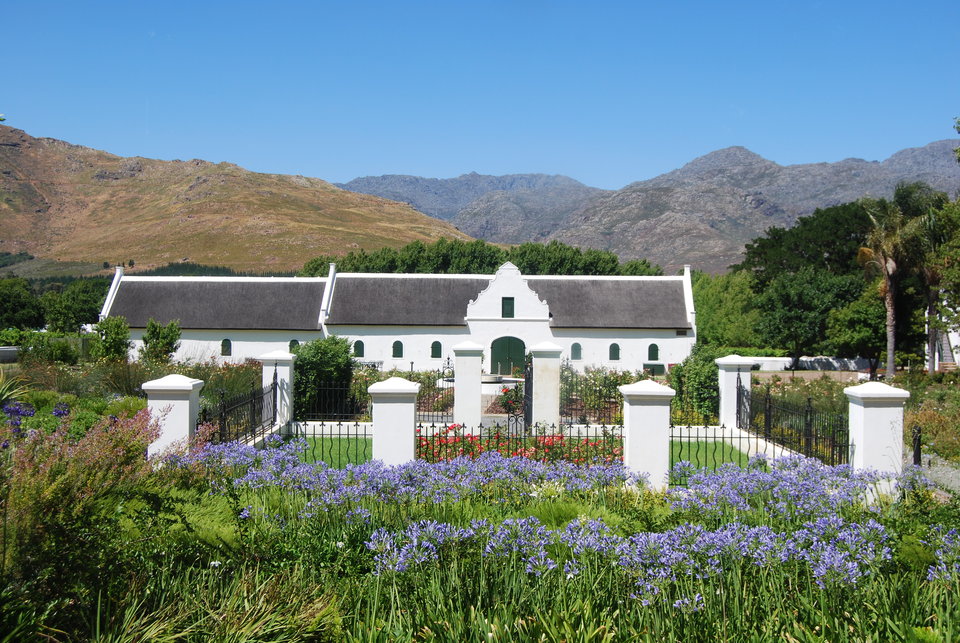
Franschhoek winery La Motte recently released its new vintages, a 2021 sauvignon blanc and 2018 cabernet sauvignon, with lightly tweaked labels.
Elegance is at the heart of all that La Motte does – from its water bearer sculpture at the end of the driveway which greets visitors to the show stopping property, complete with restaurant, farm shop and art gallery. Little wonder then that it has won awards for its attractions in the tourism segment of the Great Wine Capitals of the World awards.
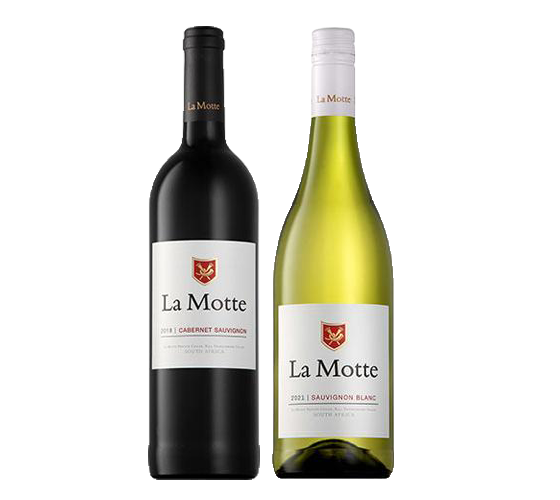
Both the white and red wines will make for a worthy addition to the well-dressed dining table. The sauvignon blanc is tangy and crisp with signature lemon and green apple freshness tempered by a ripe pineapple and granadilla note. It also contains a dab of semillon to add complexity to the palate.
The cabernet sauvignon is the natural accompaniment to lamb or beef with its berry and fruitcake flavours. Most of the fruit for this wine is from Stellenbosch but the home farm contributed a third of the grapes.
Dry but fertile land
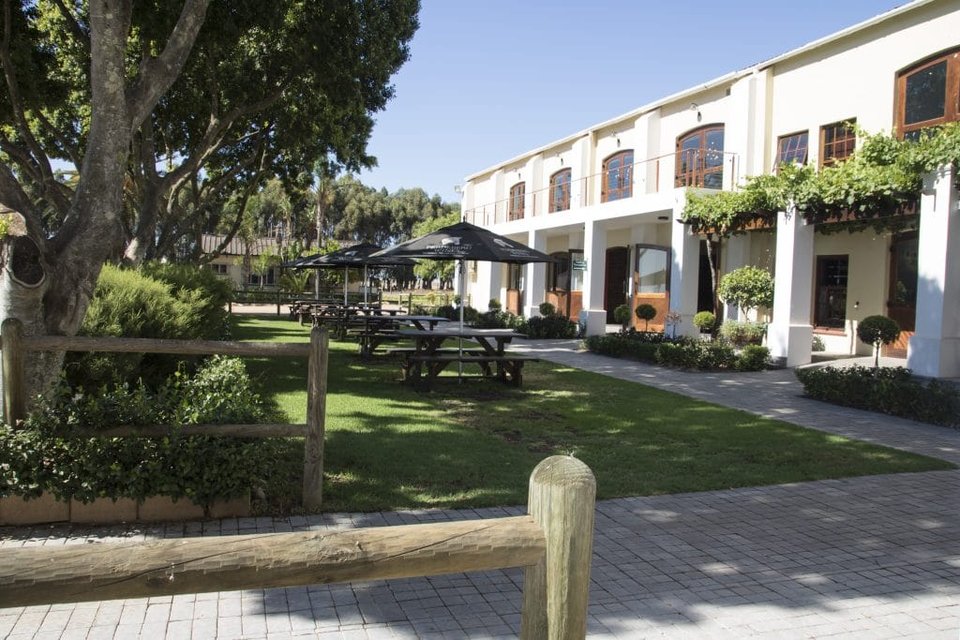
Where zebra and quagga once grazed, giving the area its name of the Perdeberg, grape vineyards flourish in a dry, warm land.
Rain is limited and irrigation almost non-existent in this part of the world, but it has allowed Perdeberg winery to showcase the uniqueness of the wines made from these special grapes.
Cellarmaster Albertus Louw said the intention was to create wines true to the environment. “We want to allow the wine to express where it comes from.” So the Dry Land Collection of wines are selected from old bush and trellised vines planted in the best soils which are able to sustain themselves purely on the rainfall nature provides in each season. “We try to do things as naturally as possible, with the least intervention,” Louw said.
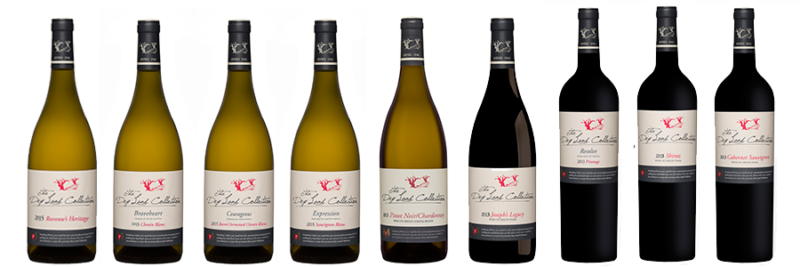
Without irrigation, dry land crops weigh less, have smaller bunches and smaller berries that need to be picked by hand. There is sweet reward for enduring these tough conditions, however: “Most of the flavour is just under the skin, so with less juice and more skin, you get higher flavour concentration,” said Louw.
Each wine in the range has a special name, characteristic of its source: Courageous Old Vine Barrel Fermented chenin, Resolve pinotage, Tenacious shiraz, Conqueror cabernet sauvignon and Longevity Natural Sweet chenin. All are testament to the endurance of these vineyards.
Medals for SA gin
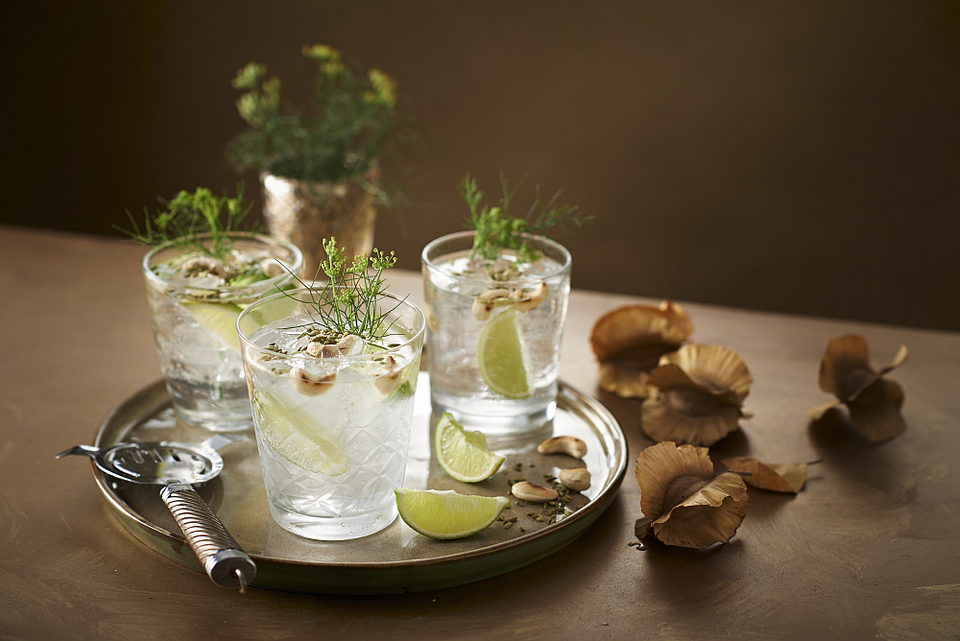
Flowstone gin scooped three awards at the 2021 International Spirits Challenge bringing their medal count to 21 since Flowstone launched its product just four years ago.
The label’s Bushwillow and snuffbox gins were both awarded silver medals while Wild cucumber got a bronze.
“We're honoured to be recognised again by the International Spirits Challenge judging panel,” said Mark French, Flowstone Gin representative. “We always feel truly proud to not only be representing our continent of Africa, but also to wake up every morning and know that as the sun rises, we are foraging and harvesting in one of the most remarkable and beautiful regions in the world, The Cradle of Humankind.”
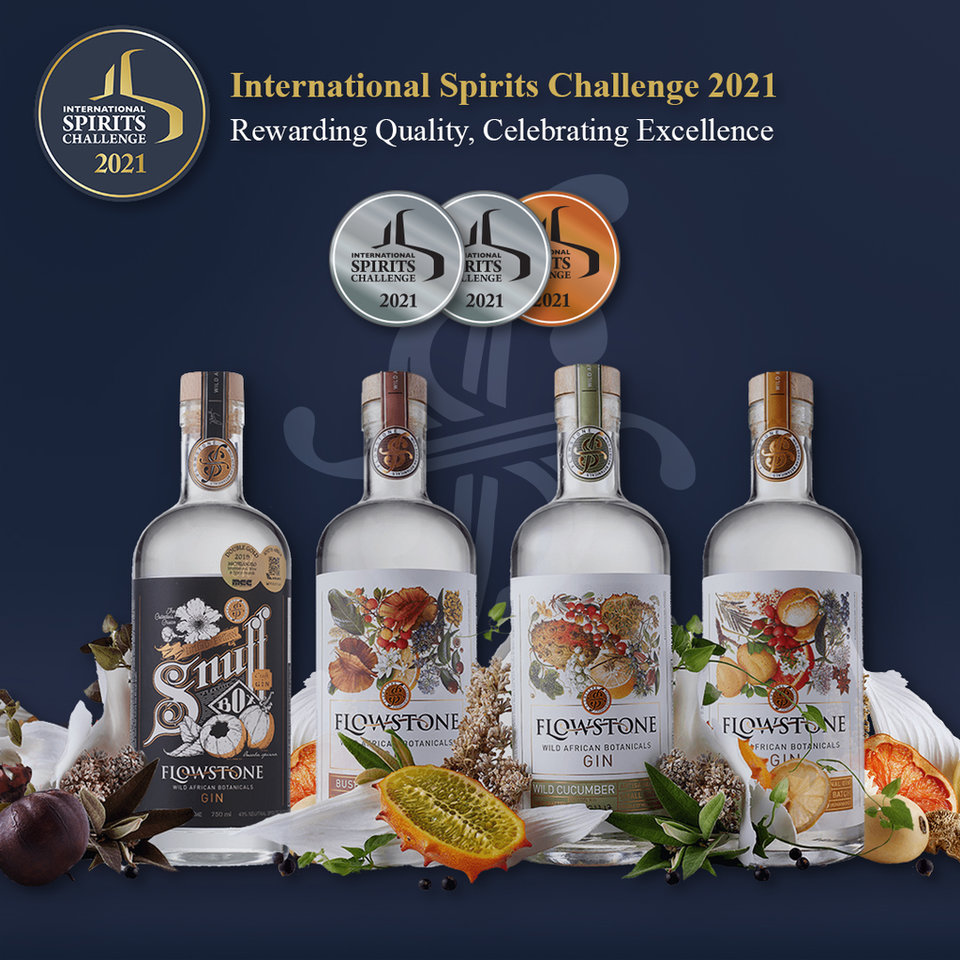
Of the International Spirits Challenge, Pieter de Bod, KWV Master Distiller said: “KWV regards the ISC as one of the most prestigious competitions of its type. The rigorous judging process is second to none and it is a remarkable achievement to garner ISC trophies and medals as it signals not only supreme quality but also consistent dedication to the craft of creating world-class spirits.”
